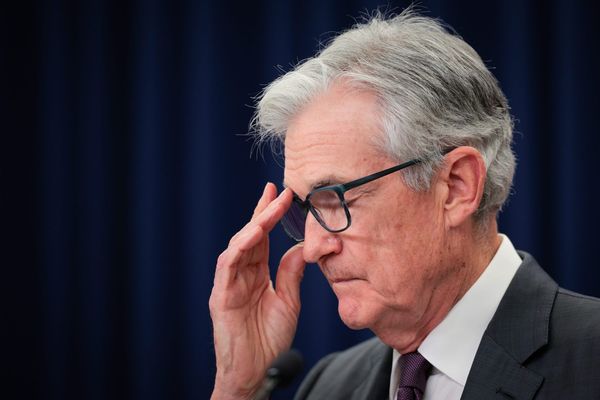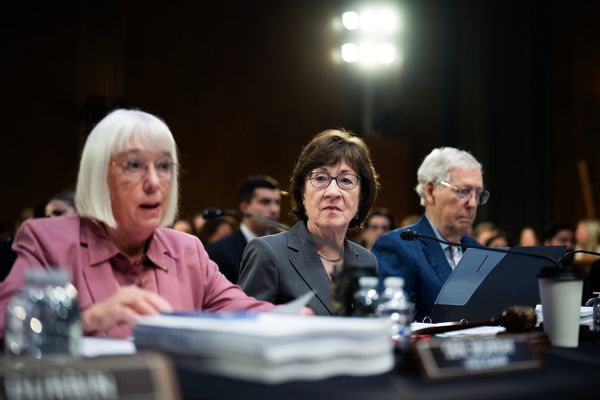
AstraZeneca’s chief executive has hailed the “vital importance of the US” to the British drugmaker, days after announcing a $50bn (£37bn) investment in the country at a time when Donald Trump’s threatened tariffs are looming over the sector.
Pascal Soriot, who leads Britain’s most valuable company, refused to comment, however, on recent media reports that AstraZeneca is considering moving its main stock market listing from the UK to the US.
Soriot told reporters on Tuesday he had met a large number of members of Trump’s administration, including the commerce secretary, Howard Lutnick.
He said AstraZeneca, which is headquartered in Cambridge, had discussed with officials “how we can contribute as a company to the pharmaceutical sector in the US, also how we can invest and how we can actually help deliver medicines to patients in America that are made in America”.
Asked by reporters whether AstraZeneca had requested any commitments from the US administration in return for its $50bn investment, the largest manufacturing investment in the company’s history, Soriot said it had not.
The investment will fund a new drug manufacturing facility in Virginia and an expansion in its research and development R&D capabilities.
The company wanted to contribute to how the Trump White House was “driving growth across the economy”, he said.
“I definitely love America,” he told reporters from New York as he presented the company’s results for the first half of the year. “I’ve always believed in the great future of America.”
AstraZeneca, which has 12 manufacturing sites and two global strategic R&D centres in the US, aims to achieve revenue of $80bn by 2030, of which half will be generated in the US.
Soriot praised the US repeatedly for spending 0.8% of gross domestic product (GDP) on pharmaceutical innovation, and called on Europe and the UK to increase current spending levels, which represent 0.3% of GDP.
“If a country wants to attract investment and attract a life sciences sector that is flourishing, they certainly need to look at increasing this allocation of GDP to pharmaceutical innovation, and it will benefit patients who will get access faster to medicines they need,” Soriot said. “Access in Europe is very, very slow and very difficult for sometimes life-changing medicines.”
The call for increased spending on pharmaceutical innovations comes months after AstraZeneca cancelled plans for a £450m expansion of its vaccine plant on Merseyside, and as the government is looking to demonstrate its commitment to life sciences.
Soriot said AstraZeneca was not expecting to be affected by potential tariffs for the pharmaceutical sector, after Trump threatened to impose tariffs of up to 200% on drugs made outside the US.
The European pharmaceutical industry, meanwhile, has criticised the US levy of 15% tariffs on medicines imported from the EU under the terms of a deal struck between Washington and Brussels.
AstraZeneca said it was “almost self-sufficient in terms of supply” in the US, and was “rapidly transferring the supply” of those products made outside the US to domestic sites.
“Within a few months, we will be completely self-sufficient in supplying US patients out of the US for all our products,” Soriot said.







